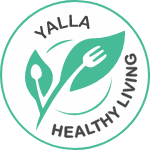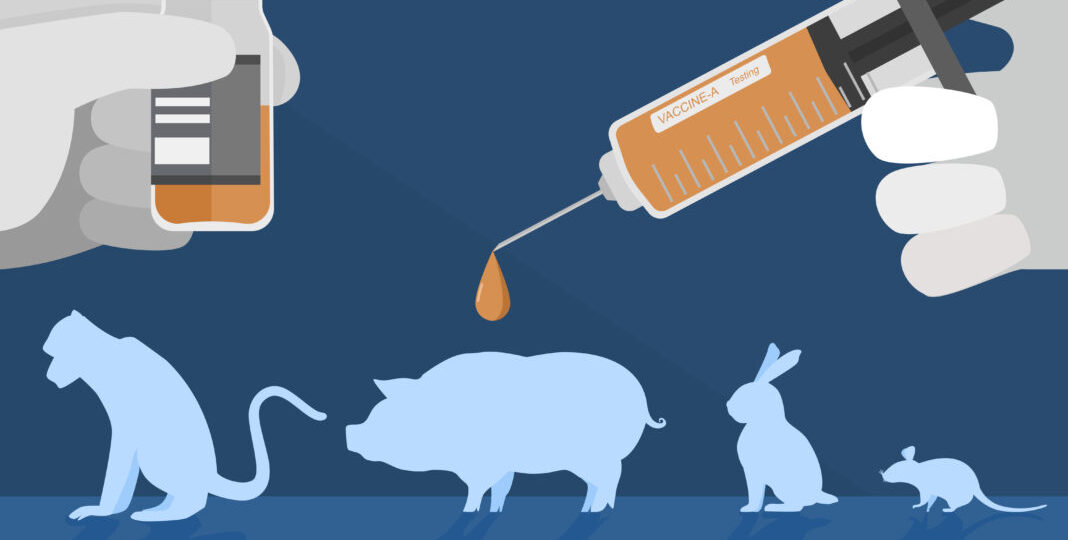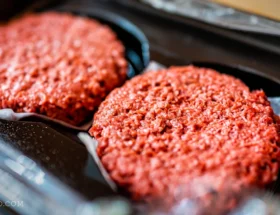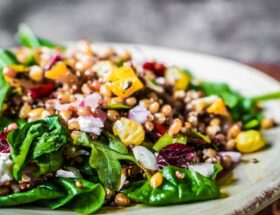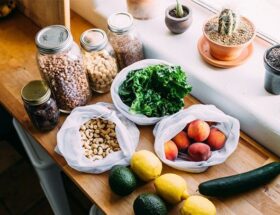Reshaping healthcare and pharmaceutical systems into vegan entities is garnering increased attention, as debates for vegan medicines and vaccines reignite.
“Pills merely treat the symptoms. It is our lifestyle choices that dictate our wellbeing,” says Dr Cecilia Serban, a plant-based health coach in the UK. Seemingly, the iteration of this statement has become essential, as we witness a crisis of vegan medicines and vaccinations amidst the availability of Covid-19 vaccines.
We have been successful in introducing vegan components into our clothes, parties, and food. But we often forget that our hospitals and healthcare systems are quite a few ways from being vegan.
Starting from the very basic components of healthcare, the day-to-day treatment strategies, diagnostic procedures, and many of the medicines we receive are currently mostly non-vegan.
When asked what makes medicines non-vegan, Dr Debra Shapiro, a certified lifestyle medicine physician, says: “All FDA-approved medicines in the US have been tested on animals before they are marketed to humans. You may be able to avoid gelatin capsules or colours that come from crushed insects, but FDA approval means it is tested on animals.”
The common vegan is aware of this situation of crisis, as Serban states: “There have been cases of vegans asking for suitable options. Not medicines per se, but I know of some cases where vegans admitted in ICUs request to be given plant-based nutrition through their nasogastric or IV tubes.”
The situation is in need of either an alternative or a permanent solution. However, these roads aren’t easy to tread either.
A solution would mean a pill that is prepared in a completely vegan manner — sans animal testing and animal-based products. Is that currently possible? Preparing a plant-based pill is still an easy task (there are some pills of this kind), but getting a pill to be sold in the market without animal testing is highly unlikely, at least for now.

Serban discusses that animal testing could be replaced with experiments performed on Petri dishes in the labs. But this is not a complete substitute, because we would still not realise the side effects of the medicine on the human body. The trials could be directly performed on humans. “If trials of medicines directly on humans raise ethical questions, what makes the animal trials to be regarded ethical?” she points out.
Okay, you may say that if not for this solution, what other alternatives could vegans have? Serban puts it this way: “For simple medical issues, such as cold or flu, they could be treated at home. However, when it comes to intensive care or complex surgical issues, there is really not any vegan option.”
Plant-based supplements, essential oils, and teas help, but they can’t replace pharmaceutical pills, rather only delay their requirement.
Organisations like PETA and The Vegan Society have been raising awareness about vegan medicines. PETA is trying to drive the US towards funding studies where fewer animals are harmed and stop experiments where animal trials have not yielded many insights. The Physicians Committee for Responsible Medicine is also actively looking to replace animal testing with human-relevant methods.
Unfortunately, medicines are not the only concern posed by the healthcare systems. Numerous other objects and services in the hospital are not necessarily vegan, including the beds, drapes, nutritional supplements, tables, chairs, cleansing solutions, canteen food, and surgical practices. All these facilities could be made cruelty-free and even more efficient, but all this would require a greater community effort and larger pool of awareness.
Workable solutions to these problems can be achieved on the hospital, industrial, and trial and research fronts. At the hospital level, professionals could raise more serious concerns to make the hospital organisation more eco-friendly.
Serban says: “While nutrition and lifestyle is an important question that your GP might ask you about, there not enough suitable practices that the GP can undertake to fit your vegan lifestyle. Just like several alternatives have been added for the Jehovah’s Witnesses — a group of people who refuse blood transfusions — such protocols and alternatives must be developed for vegan patients as well.”
Industrial-level solutions require cruelty-free production alternatives, while trial and research approaches are still being looked into.

In the meantime, Serban insists prevention is a better alternative: “The importance of nutrition, especially vegan and plant-based, must be taught to people to live a life free from avoidable chronic illnesses. This change would require open-mindedness and a lot of patience.”
And for vegans with health concerns, Shapiro adds: “Veganism is an ideal, not an absolute. It is not possible to live a human life without harming anything at all. If we can choose between a pig heart valve and a mechanical one, we would choose the mechanical valve, although the risk of clotting would be higher. The goal is to be as kind and cruelty-free as possible.”
Thus, we can try our best to look for options that are environmentally friendly and cruelty-free. In cases like these, where we fail to get a suitable option, we must be flexible. Ultimately, community-driven efforts will be crucial in forging vegan principles in all ways of our living.
